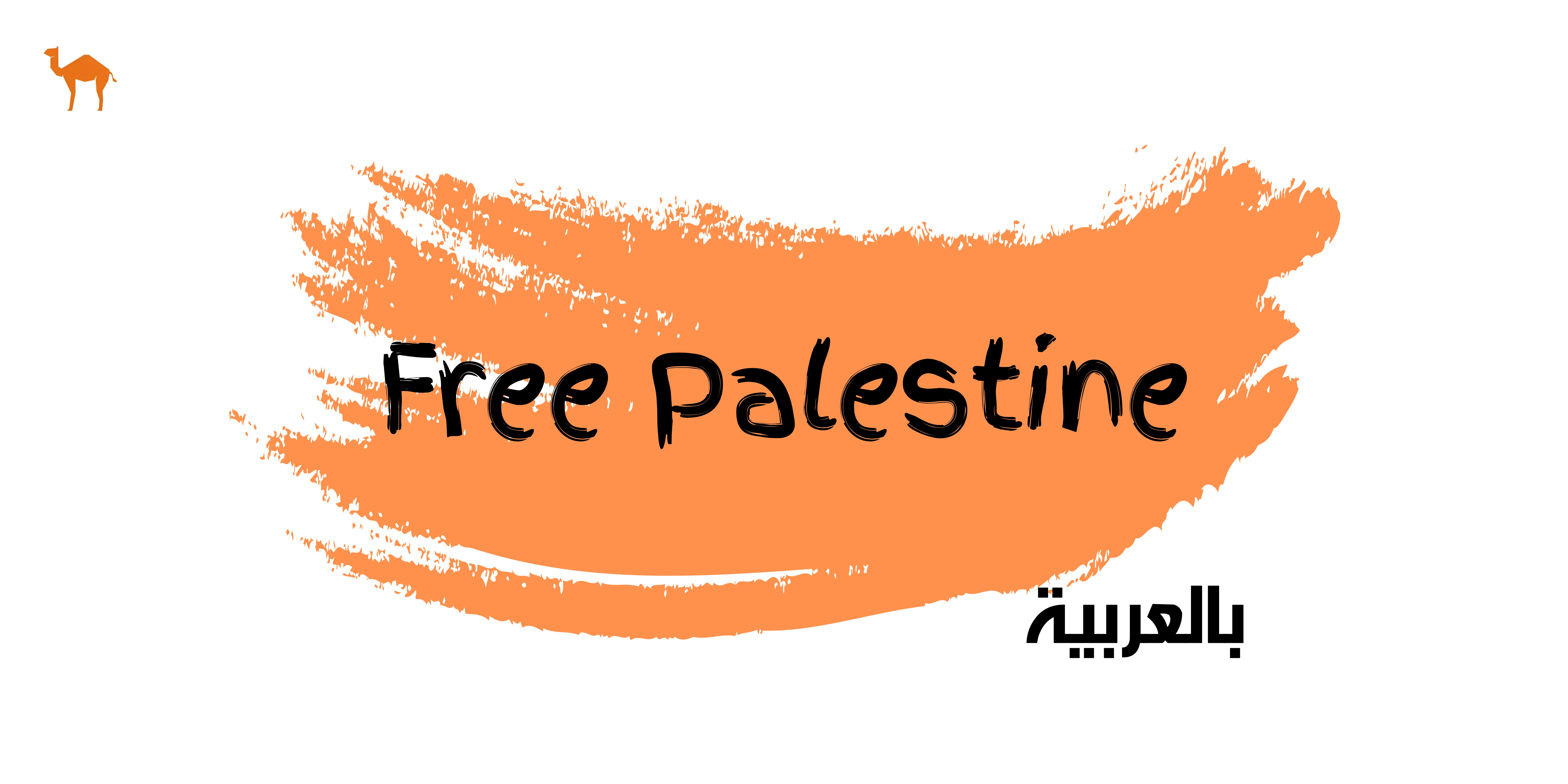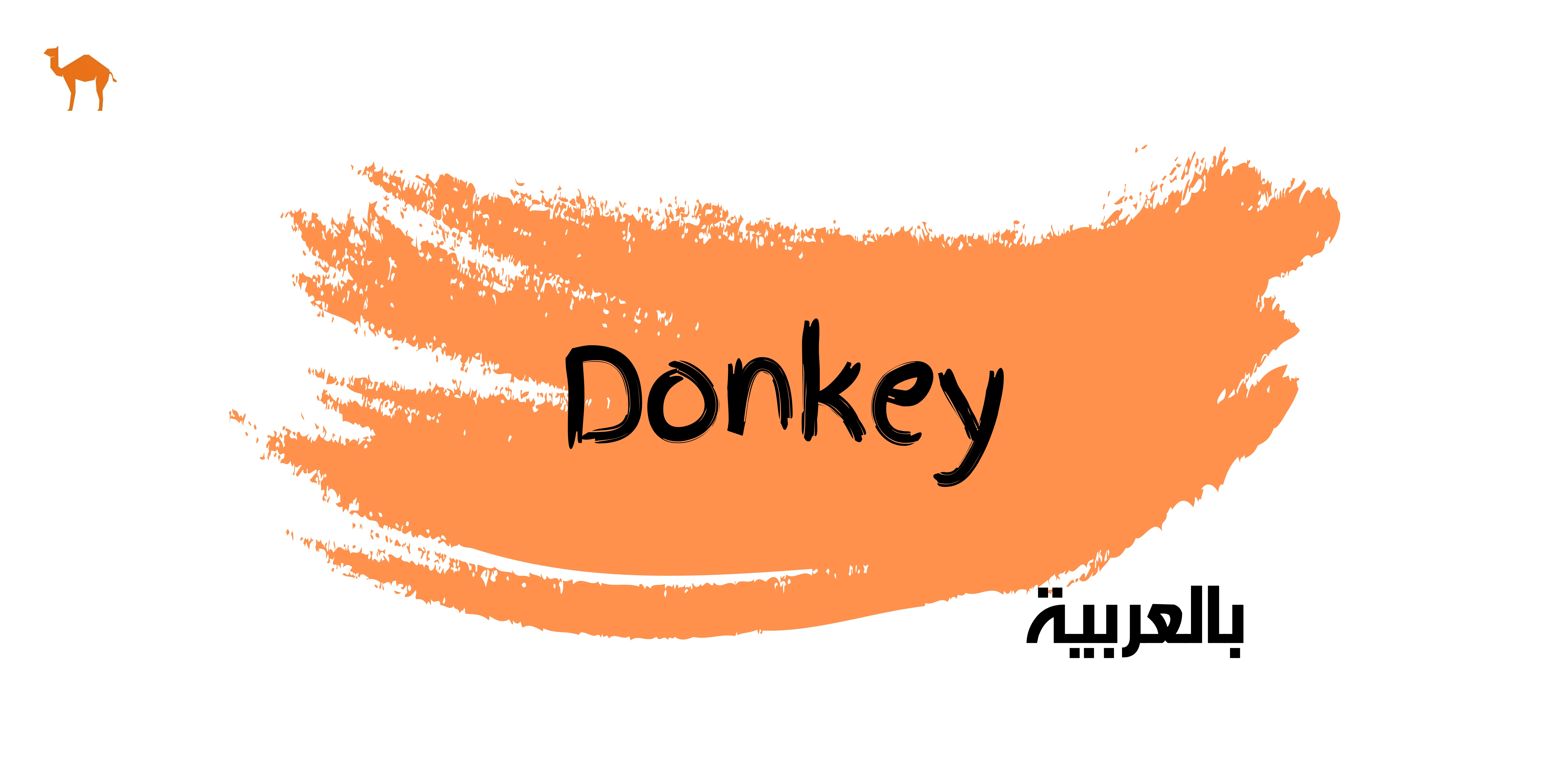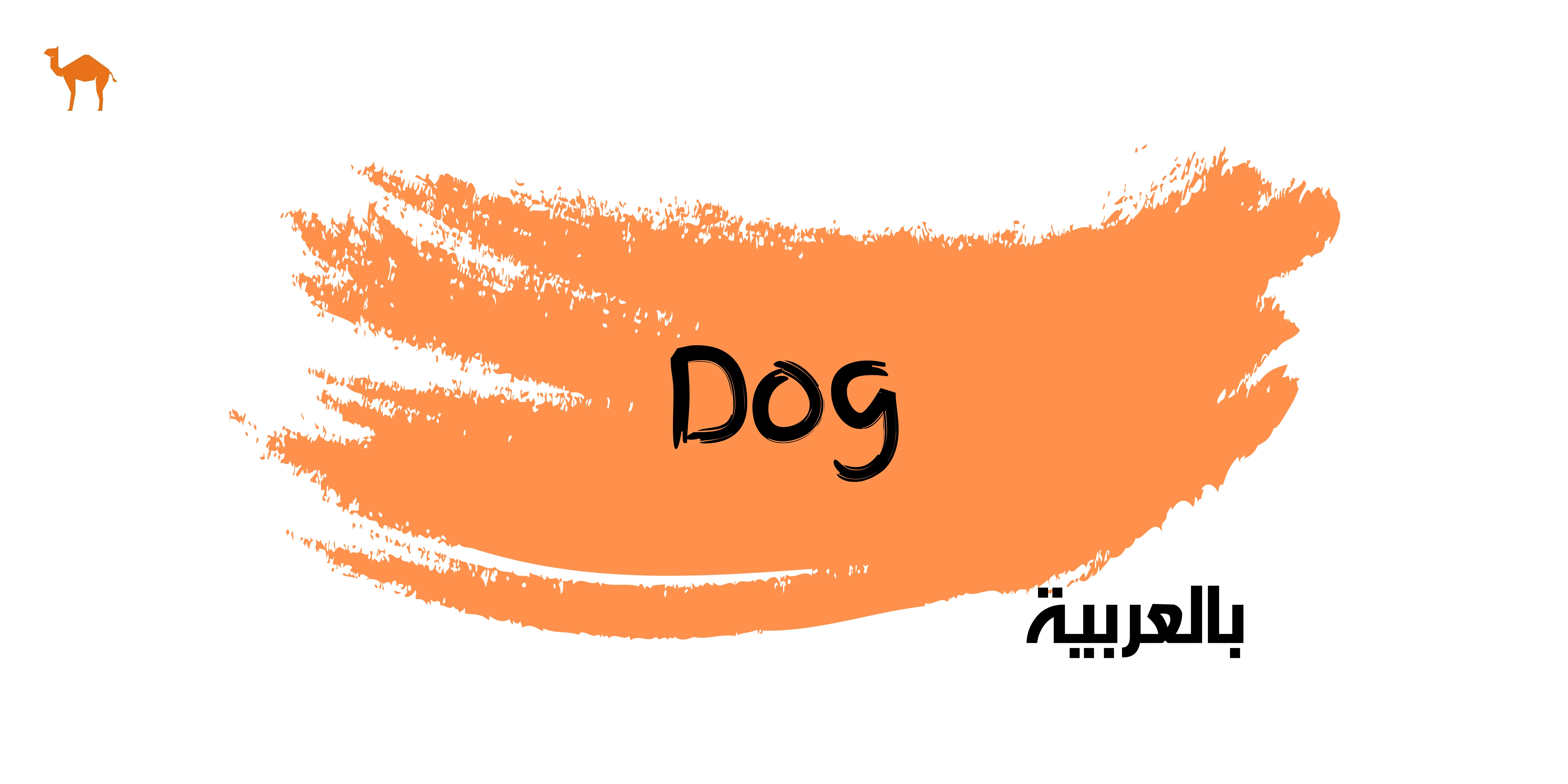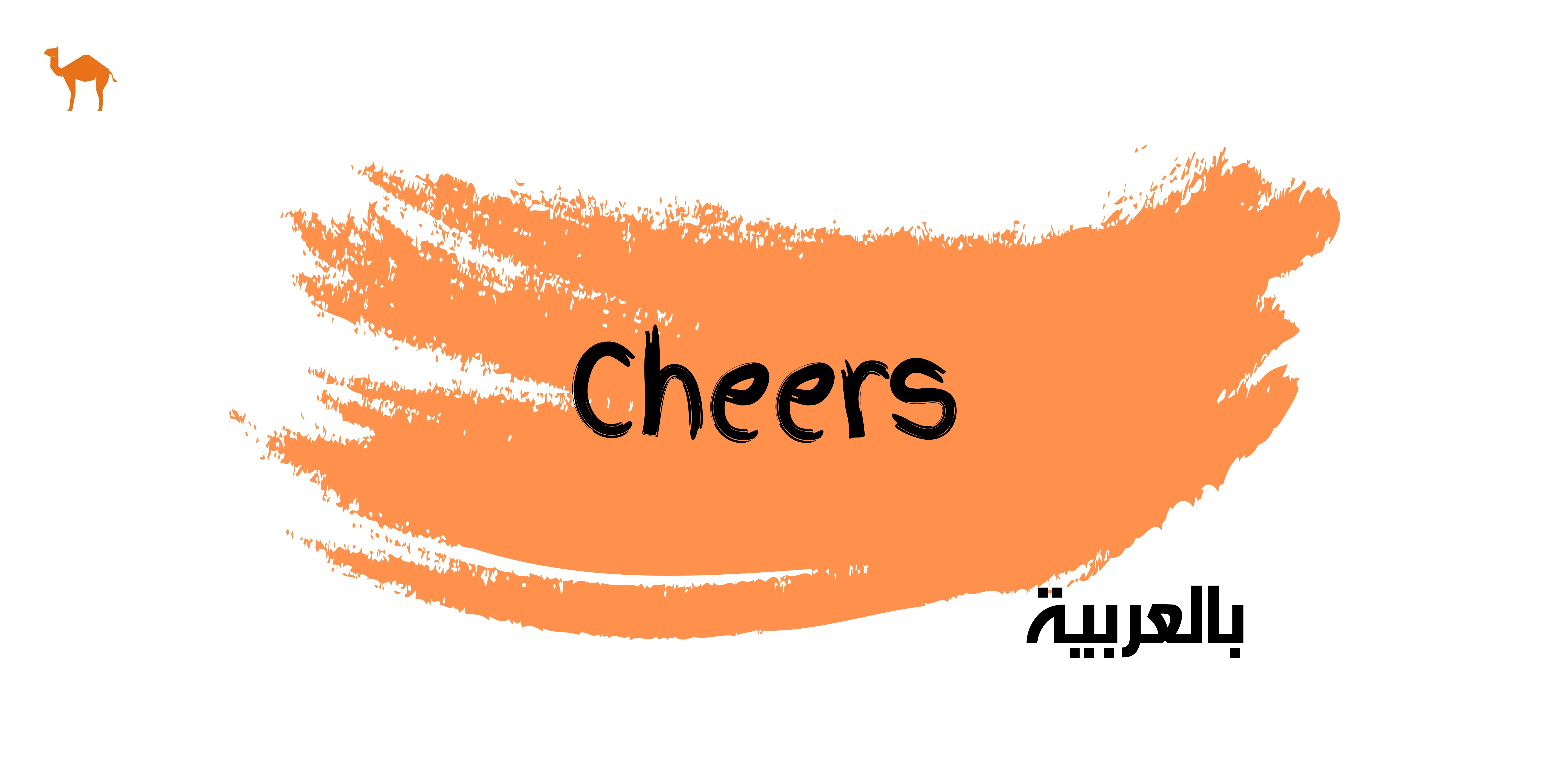How to Say "Free Palestine" in Arabic

Language is a powerful tool for expressing national issues and cultural identity in our interconnected world. Among the most important of these issues is the Palestinian cause, which inspires strong emotions in people worldwide. This article aims to shed light on how the phrase "Free Palestine" is expressed in Arabic, explaining some related terms and concepts.
How to Say "Free Palestine" in Arabic
The phrase "Free Palestine" is a powerful statement of solidarity with the Palestinian people and their struggle for self-determination. While a direct translation might seem straightforward, understanding the nuances of the Arabic language reveals a deeper meaning.
Direct Translation
The most literal translation of "Free Palestine" in Arabic is "فلسطين حرة" (Filasṭīn Ḥurra).
Writing in Arabic Letters
The Arabic letters for "Free Palestine" are: "فلسطين حرة", this is pronounced as "Filasṭīn Ḥurra," with the stress on the second syllable of "Filasṭīn" and the first syllable of "Ḥurra."
Explanation of "Free Palestine"
Explanation of the main words for the phrase free Palestine is:
Palestine:
- Arabic: فلسطين (Filasṭīn).
- Writing: فلسطين.
- Pronunciation: Filasṭīn (The stress is on the second syllable, "las").
Free:
- Arabic: حرة (Ḥurra)
- Writing: حرة
- Pronunciation: Ḥurra (The "H" is a strong, aspirated sound, like a breathy "h".)
Putting it Together:
When you combine them, the phrase "Free Palestine" in Arabic becomes: "فلسطين حرة" (Filasṭīn Ḥurra) The stress is on "las" in "Filasṭīn" and on the first syllable of "Ḥurra."
Meaning of Related Terms and Places
The meaning of terms and related places are:
"Gaza" in Arabic:
- Arabic: غزة (Ghazzah)
- Pronunciation: Ghazzah (The "gh" is a guttural sound, like the "ch" in the Scottish "loch".)
Gaza's Geographical and Political Importance:
- Location: The Gaza Strip is a small, densely populated territory on the Mediterranean coast, bordering Egypt to the south and Israel to the east and north.
- Historical Significance: Gaza has a long and rich history, dating back to ancient times. It was a significant trading center on the Silk Road, and its strategic location made it a target for various empires throughout history.
- Modern Context: Since the 1967 Six-Day War, Gaza has been under Israeli control, with a significant Palestinian population. Gaza has been a focal point of conflict between Israel and Palestinian factions, resulting in several wars and ongoing humanitarian crises.
Political and Religious Terms
Political and religious terms in the Middle East are multiple. Below are details of their meanings and roles:
Hamas (حماس) in Arabic:
- Meaning: "Hamas" in Arabic literally means "zeal" or "enthusiasm." It's a powerful word, suggesting strong commitment and fervor.
- Context: In the context of the Palestinian movement, Hamas is the acronym for "Harakat al-Muqawama al-Islamiyyah" (Arabic: حركة المقاومة الإسلامية), which translates to "Islamic Resistance Movement."
- Meaning: "Hezbollah" translates to "Party of God" in Arabic.
- Context: Hezbollah is a Lebanese Shia Islamic political party and militant group. It emerged during the Lebanese Civil War (1975-1990) as a resistance movement against Israel's occupation of southern Lebanon.
Hamas's Religious Affiliation:
Sunni: Hamas is a Sunni Islamic group. It draws heavily on Sunni Islamic ideology and draws inspiration from the Muslim Brotherhood, a broader Sunni Islamist movement.
Hezbollah's Religious Affiliation:
Shia: Hezbollah is a Shia Islamic group. It draws its ideology from Shia Islam and is closely aligned with the Iranian government, which is also Shia.
Key Points to Remember:
- Complexities: These groups are highly complex, with internal divisions and evolving political strategies.
- Regional Context: Their actions and motivations are deeply rooted in the broader political and religious conflicts of the Middle East.
- Different Perspectives: It's crucial to consider various perspectives and avoid oversimplifying their positions and actions.
In short, language is an essential tool for expressing national identity and supporting just causes. The phrase “Free Palestine” is a symbol of the struggle of the Palestinian people and their aspirations for freedom and independence.
Explore the richness of the Arabic language and culture with eArabic.io's online courses tailored for learners worldwide, whether you're a beginner or an advanced student, our comprehensive curriculum and expert instruction provide an immersive learning experience accessible from anywhere. Dive into the program in Arabic, designed to deepen your understanding and proficiency in this vital language. Book a free Arabic lesson!



